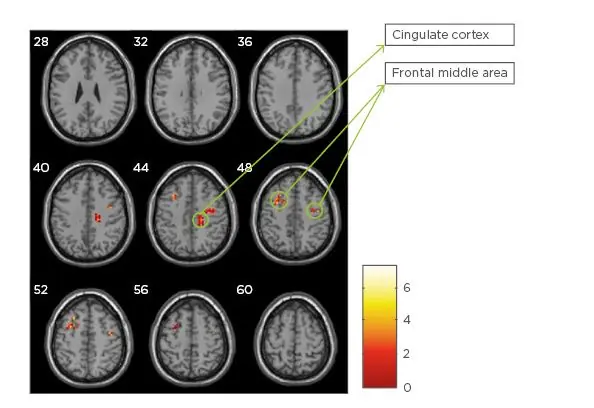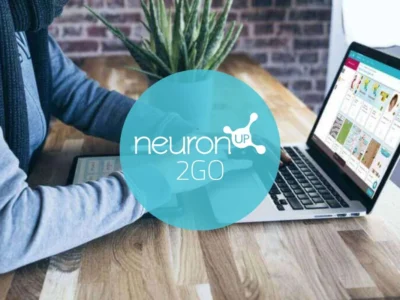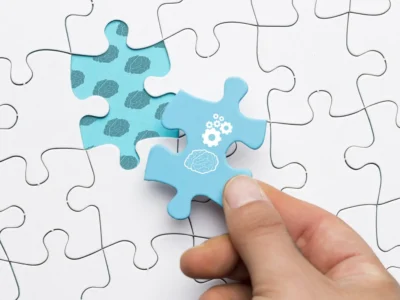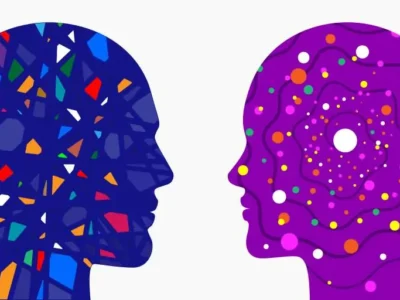In this article we discuss the study carried out to evaluate the effectiveness of the application of a computer-assisted cognitive rehabilitation therapy, NeuronUP, in patients with multiple sclerosis (MS).
| Authors |
| Julio Plata-Bello, *María Yaiza Pérez-Martín, Montserrat González-Platas, Víctor Fajardo-Santana, KritsiaSinayFumero-Revetti Neurosurgery Service, University Hospital of the Canary Islands, San Cristóbal de La Laguna, Spain *Corresponding author [email protected] |
| Declaration |
| The authors declare no conflicts of interest. |
| Reference |
| EMJ Neurol. 2018;6[1]:46-48. Abstract Review No. AR1. |
Background
More than 65% of patients with multiple sclerosis (MS) usually present cognitive impairment both in the early stages and in the advanced phases of the disease; this impairment progresses over time. Multiple sclerosis can have considerable effects on patients’ quality of life, work life, daily functioning and independence.
Cognitive treatment yields contradictory results, probably because interventions and outcome measures are heterogeneous. Despite this, several studies have shown that neuropsychological intervention can have favorable effects on patients’ cognitive performance. Specifically, there is evidence that computer-assisted cognitive rehabilitation improves performance on neuropsychological tests; therefore, a study was designed to evaluate the effectiveness of applying a computer-assisted cognitive rehabilitation therapy in patients with MS.
Methods
Twelve patients were included in the study. All patients had a diagnosis of clinically stable relapsing-remitting MS, a mild to moderate cognitive impairment as established by Rao’s Brief Repeatable Battery of Neuropsychological Tests (BRB-N), an adequate level of visual acuity and were all over 18 years old. Patients were evaluated on three occasions: at study entry, at week eight and at week sixteen.
Patients were randomly grouped to receive treatment after the first evaluation (Group 1) or after the second evaluation (Group 2). That evaluation consisted of a neuropsychological assessment (alternate versions of the same battery were used to reduce practice-related effects), a functional magnetic resonance imaging study (which included resting-state functional MRI, diffusion tensor imaging and voxel-based morphometry) and a blood sample to identify plasma changes associated with brain-derived neurotrophic factor, which is involved in neuronal plasticity processes. These measures were adopted to identify possible biomarkers of therapeutic efficacy.
All patients received 24 sessions of computer-assisted cognitive therapy with the NeuronUP program. NeuronUP is a web-based neurorehabilitation platform that contains activities covering 40 neuropsychological processes. The duration of each session of rehabilitation was 45 minutes, three times a week for 8 weeks at the patient’s home.
Results
Preliminary results showed significant improvements in verbal memory, delayed visual memory, working memory and semantic fluency.
The analysis of structural MRI data (voxel-based morphometry) showed a 0.7% increase in total gray matter volume in most patients. In addition, resting-state functional MRI studies revealed a decrease in the fractional amplitude of low-frequency fluctuations in the cingulate cortex —a region involved in learning and memory processes— and in the medial frontal area (Figure 1), which suggests that cognitive rehabilitation improves cognitive performance and may induce structural and functional changes in the brains of patients with MS.

Conclusion
These results indicate that cognitive rehabilitation therapy may promote neuroplasticity by inducing changes in cortical reorganization, which will contribute to improving cognitive or brain reserve.
Bibliography
- Amato MP et al. Multiple sclerosis-related cognitive changes: A review of cross-sectional and longitudinal studies. J Neurol Sci. 2006;245(1-2):41-5.
- De Giglio L et al. A low-cost cognitive rehabilitation with a commercial video game improves sustained attention and executive functions in multiple sclerosis: A pilot study. Neurorehabil Neural Repair. 2015;29(5):453-61.
- Shatil E et al. Home-based personalized cognitive training in MS patients: A study of adherence and cognitive performance. Neuro Rehabilitation. 2010;26(2):143-53.
- Filippi M et al. Multiple sclerosis: Effects of cognitive rehabilitation on structural and functional MR imaging measures–An explorative study. Radiology. 2012;262(3):932-40.
- Muñoz Céspedes JM, Tirapu Ustárroz Rehabilitation programs for executive functions. Rev Neurol. 2004;38(7):656-63.
If you liked this research article about multiple sclerosis, you may be interested in these NeuronUP articles.
“This article has been translated. Link to the original article in Spanish:”
Cambios neuropsicológicos y en volumen de sustancia gris, en pacientes con esclerosis múltiple, tras una terapia de rehabilitación cognitiva asistida por ordenador con NeuronUP







 NeuronUP: Telerehabilitation Platform for Professionals
NeuronUP: Telerehabilitation Platform for Professionals
Leave a Reply